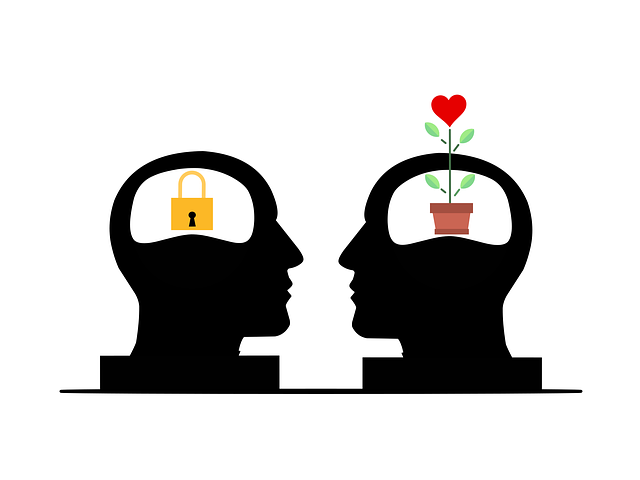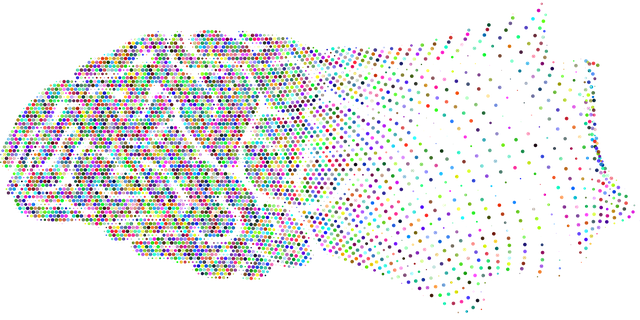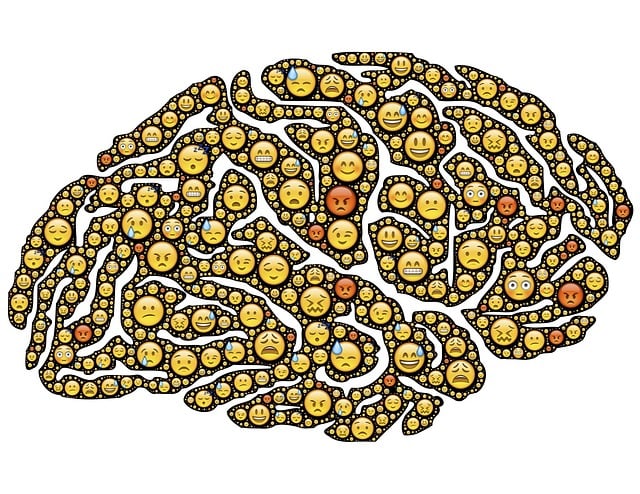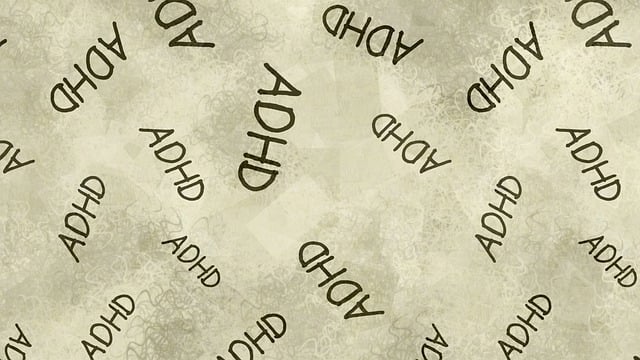Gambling among adolescents hides potential mental health issues, impacting academics and relationships. Many teens gamble as a coping mechanism for stress, anxiety, or low self-esteem, risking mental crises. Overcoming stigma and educating support networks about trauma is crucial for accessing therapy for adolescent teens gambling. Tailored interventions like CBT, mindfulness exercises, and compassion cultivation help break the addiction cycle, promote resilience, and achieve positive mental health outcomes.
In the journey towards healing, adolescent gambling addiction poses a significant challenge, often intertwined with underlying mental health issues. This article explores the critical aspect of trauma support services for young individuals grappling with gambling habits. We delve into the impact of adolescence-specific gambling on mental well-being and uncover barriers that prevent teens from seeking help. Furthermore, it offers insights into effective therapy approaches tailored to address gambling addiction and co-occurring traumas, emphasizing the importance of specialized care for this vulnerable population.
- Understanding Adolescent Gambling and Its Impact on Mental Health
- Identifying and Overcoming Barriers to Accessing Trauma Support Services
- Effective Therapy Approaches for Teen Gambling Addiction and Co-occurring Traumas
Understanding Adolescent Gambling and Its Impact on Mental Health
Gambling among adolescents has become a growing concern, often masking underlying mental health issues. This behavioral addiction can significantly impact young individuals’ lives, affecting their academic performance, relationships, and overall well-being. Adolescent gambling is not merely about placing bets but involves complex psychological factors that require professional attention. Many teens turn to gambling as a means of coping with stress, anxiety, or low self-esteem, which can later escalate into severe mental health crises.
The provision of trauma support services and therapy for adolescent teens gambling is essential in addressing this pervasive issue. Through specialized programs, professionals aim to improve emotional intelligence, build empathy, and offer healthy coping strategies. Self-esteem improvement techniques, combined with empathy-building exercises, can help young gamblers understand and manage their impulses while fostering better relationships and enhancing overall resilience. These interventions are crucial in breaking the cycle of addiction and promoting positive mental health outcomes for this vulnerable population.
Identifying and Overcoming Barriers to Accessing Trauma Support Services

Many teens struggling with trauma face barriers when seeking support services. One significant hurdle is the mental illness stigma reduction efforts that often deter young individuals from opening up about their experiences. The fear of judgment or being labeled can prevent them from accessing therapy, especially when dealing with issues like gambling addiction among adolescent teens. Overcoming this requires creating safe spaces where confidentiality is prioritized and professional help is presented as a normal part of self-care.
Another challenge lies in recognizing the signs of trauma and understanding its impact on emotional intelligence. Many teens may exhibit problematic behaviors like gambling as coping mechanisms without fully comprehending their root causes. By educating both teens and their support networks about emotional healing processes, we can encourage early interventions. This includes training educators, parents, and peers to identify when a teen might be in distress, promoting open conversations around mental health, and providing accessible resources for those seeking therapy for adolescent teens gambling or other related issues.
Effective Therapy Approaches for Teen Gambling Addiction and Co-occurring Traumas

Addressing teenage gambling addiction alongside co-occurring traumas requires tailored therapeutic interventions. Cognitive Behavioral Therapy (CBT) has proven effective in helping adolescents identify and change negative thought patterns associated with gambling, while also teaching them healthier coping strategies. This approach encourages teenagers to recognize triggers, develop better decision-making skills, and gradually reduce problematic gambling behaviors.
Additionally, integrating compassion cultivation practices and emotional regulation techniques within therapy can significantly enhance recovery. Mindfulness exercises, for instance, help adolescents cultivate present-moment awareness, enabling them to manage impulsive gambling urges. By fostering mental health awareness, these practices empower teenagers to navigate their emotions more effectively, thereby reducing the risk of relapse and promoting long-term well-being.
In addressing the complex issue of adolescent gambling, recognizing its profound impact on mental health, and understanding the barriers to accessing trauma support services, it’s clear that comprehensive solutions are vital. Effective therapy approaches tailored for teen gambling addiction and co-occurring traumas offer hope and healing. By breaking down access barriers and providing targeted interventions, we can ensure that struggling individuals receive the necessary care, fostering a healthier future for our youth. This involves integrating innovative practices into existing services to meet the unique needs of this vulnerable population, ultimately revolutionizing support systems for adolescent gambling.










